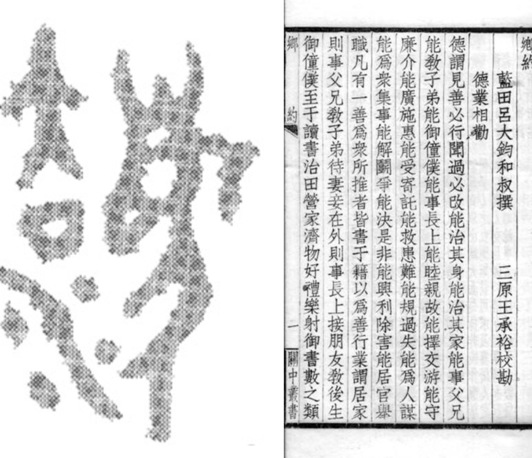Reconsidering 'Law' in Traditional China and Beyond: A Shift of Approach from Judicature to Governance
Max Planck Lecture in Legal History and Legal Theory
- Datum: 11.06.2025
- Uhrzeit: 16:15 - 17:45
- Vortragende(r): WANG Zhiqiang
- Fudan University
- Ort: mpilhlt
- Raum: Z 01
- Gastgeber: Thomas Duve

In the modern sense, law often refers to a coherent system of rules, a distinct branch of knowledge, a specialised professional community, and an institutionalised mechanism for resolving disputes. However, this conception of law—centred on justiciability, is not universally applicable across all cultures and historical contexts. From the perspective of social governance and normativity, a case study of a so-called “lawless” traditional society, such as imperial China, can offer new insights into the conception of law. Using village regulations as an example, this study explores how these norms of “self-governance” were formulated, shaped, circulated, transformed, and enforced in everyday local life in late imperial China. In examining these norms as a form of “law,” the study compares them to the justice of the peace system in early modern England, where local elites worked closely with the central government to administer justice at the local level. In contrast, local governance in imperial China was much less embedded in formal legal processes and language, and more oriented toward a moralised social order in a communicative field of dispersed norms. This alternative conception of law has persisted through China’s modernisation over the past century and a half, leaving a legacy that continues to endure and even revive in contemporary society.